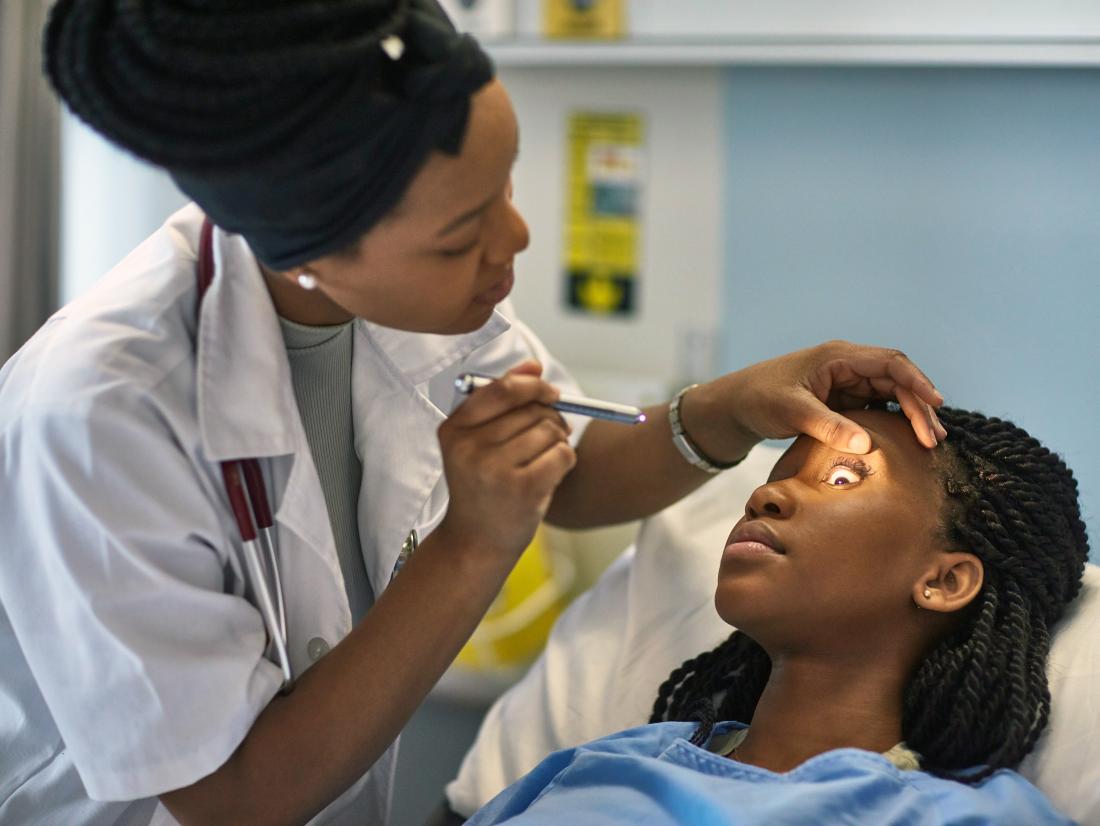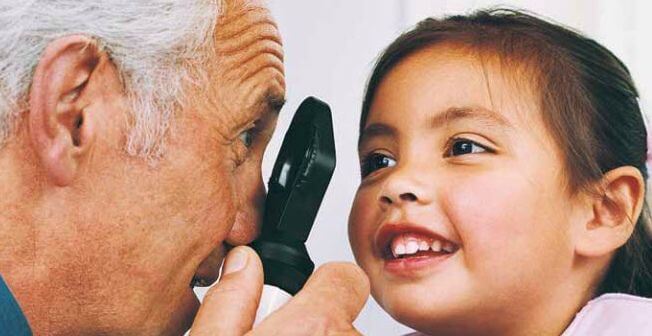7 Simple Techniques For Amblyopia
Table of Contents4 Simple Techniques For Eye ChecksWhat Does Adult Cataract Mean?The Basic Principles Of Amblyopia The Main Principles Of Eye Checks
Eye doctors are medical doctors who specialize in the medical diagnosis as well as therapy of eye as well as vision problems. What is the distinction in between an eye doctor and an eye doctor, then? What concerning opticians? These 3 types of eye treatment professionals have rather similar-sounding names and also overlapping job descriptions. It can be perplexing in the beginning look.They can not offer eye exams, create prescriptions, or diagnose or treat eye troubles. can examine your eyes, examination your vision, recommend glasses or calls, as well as detect as well as treat lots of eye disorders and also illness. They are not medical physicians or surgeons but can recommend particular eye-related medications (https://creativecommons.org/choose/results-one?q_1=2&q_1=1&field_commercial=yes&field_derivatives=n&field_jurisdiction=&field_format=Text&field_worktitle=Dr%20Caroline%20Catt&field_attribute_to_name=&field_attribute_to_url=https://drcarolinecatt.com.au/&lang=en_EN&language=en_EN&n_questions=3). Provide eye tests, vision screening, and also prescriptions for glasses or call lenses.

Ophthalmologists diagnose and treat injuries, infections, illness, and disorders of the eye. Therapies can consist of medicine taken orally (by mouth) or topically (in the eye), surgical treatment, cryotherapy (freeze treatment), and chemotherapy (chemical therapy). Ophthalmologists go to medical school then receive numerous years of specialty training in the medical and medical treatment of the eye.
The Single Strategy To Use For Adult Strabismus
As they are the only physician who can treat all eye disorders, ophthalmologists see a wide range of eye problems, including: How usually should you have an eye exam? What are signs and symptoms that suggest you may have an eye problem that requires to be checked by an ophthalmologist? The American Academy of Ophthalmology advises: As kids's eyes are expanding and also transforming quickly, they must get a vision testing.
Grownups that have healthy eyes and also excellent vision must have four detailed eye exams: one in their 20s, 2 in their 30s, and also one at age 40. These check-ups may permit the eye doctor to capture an eye illness or vision adjustments at an early stage. By the time you notice symptoms, you might currently have some vision loss (AMBLYOPIA).
/what-is-an-ophthalmologist-1736298-v1-3678b43002124010891358a2f8c97d13.png)
People who are at a greater threat of eye condition might require to get an eye test regularly. This can include individuals with diabetic issues, high blood stress, or a family history of eye problems - EYE CHECKS. After age 65, your eyes ought to be checked every one to two years. Despite age, individuals who put on calls should have a full eye examination each year.
Your view relies on seeing the appropriate eye physician at the ideal time. When it's time to "obtain your eyes checked," ensure you are seeing the best eye treatment expert for your demands. Ophthalmologists, optometrists as well as lens each play an essential duty in giving eye care to consumers. The levels of training as well as experience are rather different for each type of provider.
The smart Trick of Adult Strabismus That Nobody is Talking About

is a medical or osteopathic physician who specializes in eye and vision treatment. Ophthalmologists vary from optometrists and opticians in their degrees of training as well as in what they can detect and deal with (https://en.gravatar.com/drcarolinecatt9261). As a clinical physician who has actually finished college and a minimum of eight years of added medical training, an ophthalmologist is certified to practice medication and also surgery.
Numerous eye doctors are also included in clinical study on the causes and also treatments for eye conditions and vision conditions. SUBSPECIALISTS: ADDED UNDERSTANDING AND TRAINING FOR PARTICULAR EYE NEEDS While ophthalmologists are trained to look after all eye troubles and problems, some Eye M.D.s concentrate on a specific area of clinical or surgical eye treatment.
He or she generally completes 1 or 2 years of additional, more thorough training called a fellowship in among the major subspecialty locations such as glaucoma, retina, cornea, pediatric medicines, neurology as well as cosmetic surgery, in addition to others. This added training and also expertise prepares an ophthalmologist deal with even more complicated or details problems in certain areas of the eye or in certain teams of patients.
An eye doctor is not a medical physician. An optometrist gets a doctor of optometry (OD) level after completing 4 years of optometry school, come before by three years or more years of university. They are licensed to exercise optometry, which largely includes performing eye examinations and also vision tests, recommending and also dispensing corrective lenses, detecting specific eye problems, and recommending medicines for particular eye diseases.
The Best Guide To Eye Exam
They make use of prescriptions supplied by eye doctors or optometrists, but do not evaluate vision or write prescriptions for aesthetic improvement (https://ouo.io/v9XUMvl). Lens are not allowed to diagnose or deal with eye conditions. EMERGENCY EYE PROBLEMS.
Having a member of the family with eye condition can make you a lot more prone to having that problem as well. Sight-stealing eye disease can show up at any kind of time. Extremely frequently they are unnoticeable initially and are difficult to identify. That's why it is so crucial to see an ophthalmologist for a total medical eye exam by age 40, and after that as usually as recommended by your Eye M.D.
If you have any of these, make certain to see an ophthalmologist. A total, medical eye test by an Eye M.D. could be the first step towards conserving your view. Bulging of one or both eyes; Dark drape or shroud that obstructs find out this here your vision; Lowered vision, also if temporary; Diabetes mellitus; Distorted vision; Dual vision; Excess tearing; Eyelid irregularities; Family background of eye illness; Halos (tinted circle lights); High blood pressure; HIV or AIDS; Injury to the eye; Loss of outer (side) vision; Misaligned eyes; New advances (black "strings" or flecks in the vision) and/or flashes of light; Pain in the eye; Thyroid disease-related eye issues (Graves' disease); Uncommon red eye.